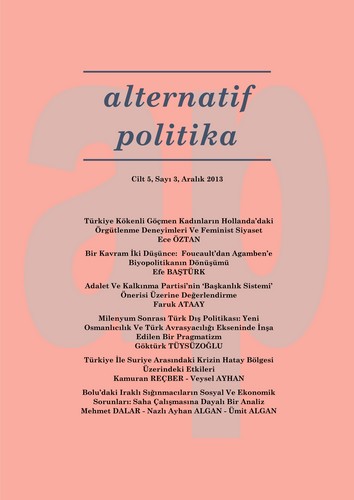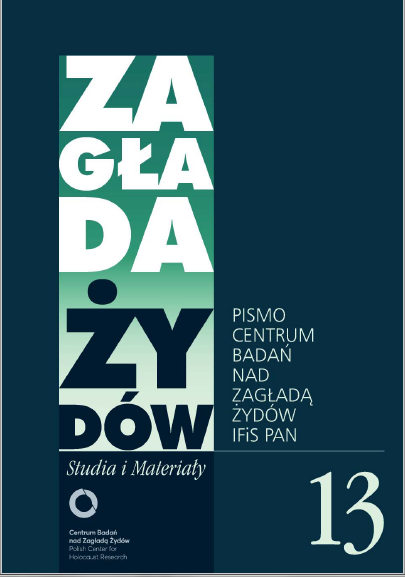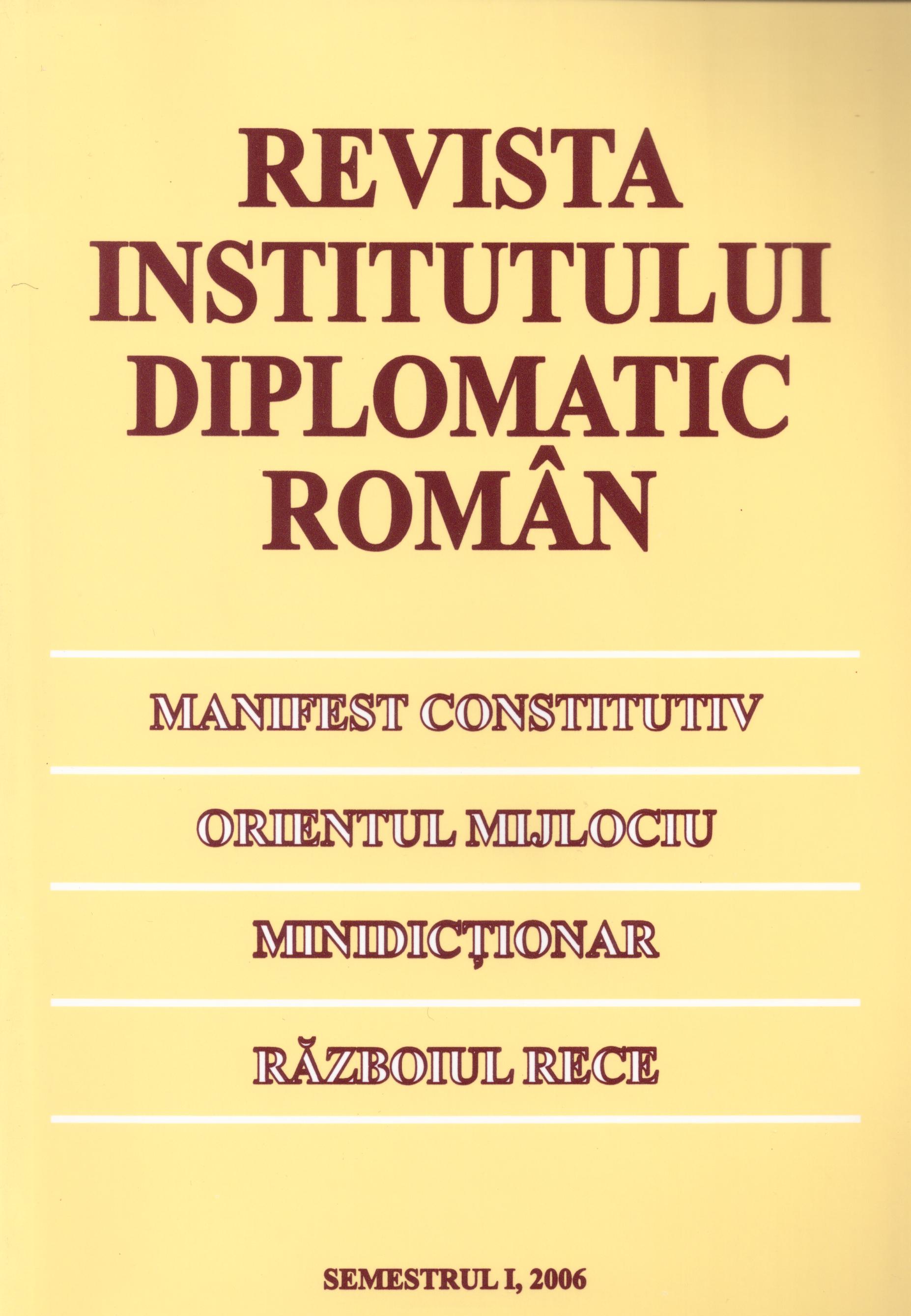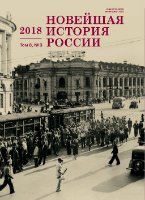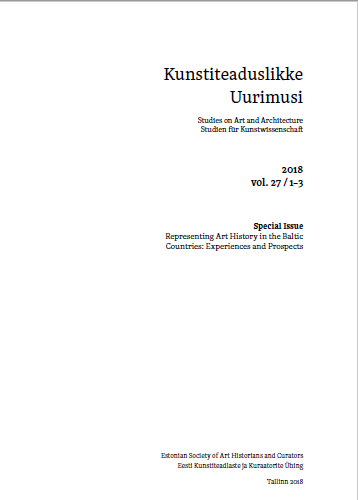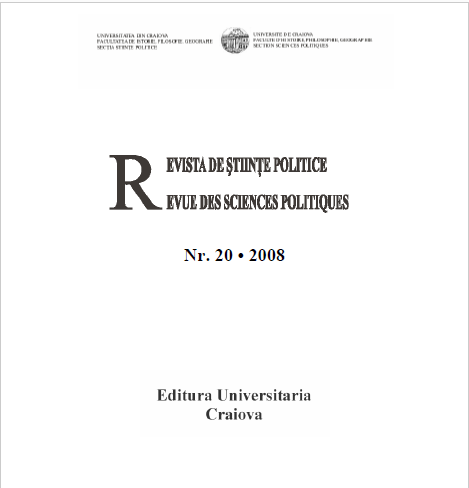Author(s): Nenad Ž. Petrović / Language(s): Serbian
Issue: 2/2016
The article, based solely on non-military documents and on the scarce military documents that can be found in non-military archives, does not actually give a complete picture of the topic. Yet we can draw certain conclusions. First, that the policy of avoiding the commitment, and capitalizing on the unclear nature of an external political position between the two blocs and the two systems, was also being maintained from 1965 to 1970. At the same time, the policy was an incontrovertible dogma; at home and abroad, it was propagandized and praised as the first-rate Tito’s and the League’s of Communists of Yugoslavia leaderships’ wisdom. This period in Yugoslavia was fraught with internal contradictions that the League of Communists as the leading force in the society was trying to overcome. At the same time, the League of Communists itself was undergoing nationaldecentralization, assuming a form of a complicated “multi-party system” composed of six-plus-two (pertaining to the republics and the provinces) “parties.” The ongoing economic reform introduced certain capitalistic principles into the socialist economy, which only complicated the situation further, yet it did not solve the accumulated problems. At the time, a massive emigration of the workforce towards West European countries, mainly the Federal Republic of Germany, was under way. Financial loans from abroad increased, too. On the subject of culture, supposed bourgeois models were being adopted by many youth, i.e., through a massive film import (mostly from the USA), along with the popularization of fashion, music, and the lifestyle of the developed Western societies. Yet a political absurdity had occurred: in the course of the economic and cultural turn to the West, and in spite of all the doubts and fears, the weaponry for the Yugoslav People’s Army was being bought in the Soviet Union. Yugoslav leadership persisted in its uncompromising standpoint that neither military or strategic concessions, nor allegiance to “the first country of socialism,” and the bloc under Soviet control, ever emerged from the fact. Finally, the question remains: why did they buy the arms in the East, despite the ideological “narcissism of small differences”? The answer is not easy. In an exchange with Brezhnev, Tito pointed out that he could not get arms in the West. Besides, the reasons behind the purchases could also lie in the increased external policy ambitions, raised after the Movement of Non-Alignment had been established in 1961, as well as in that that the prices were lower in the East. It seems the intention of the policy was to insert itself globally, between the two already existing superpowers, in a form of a “third course,” or the “third power.”
More...



